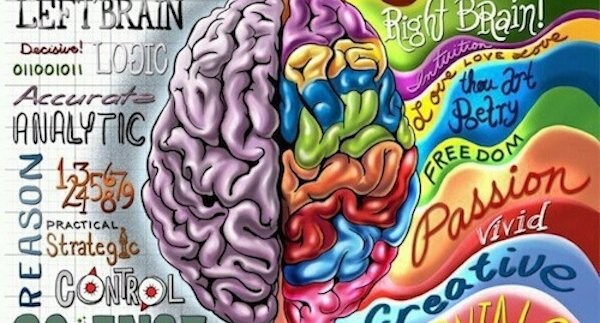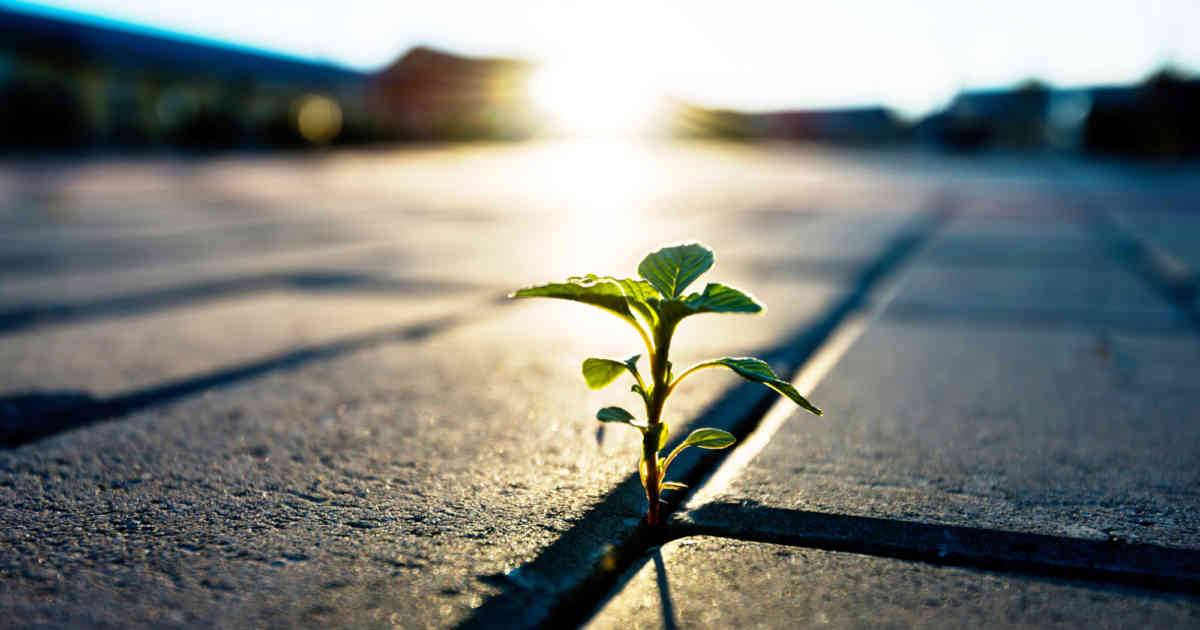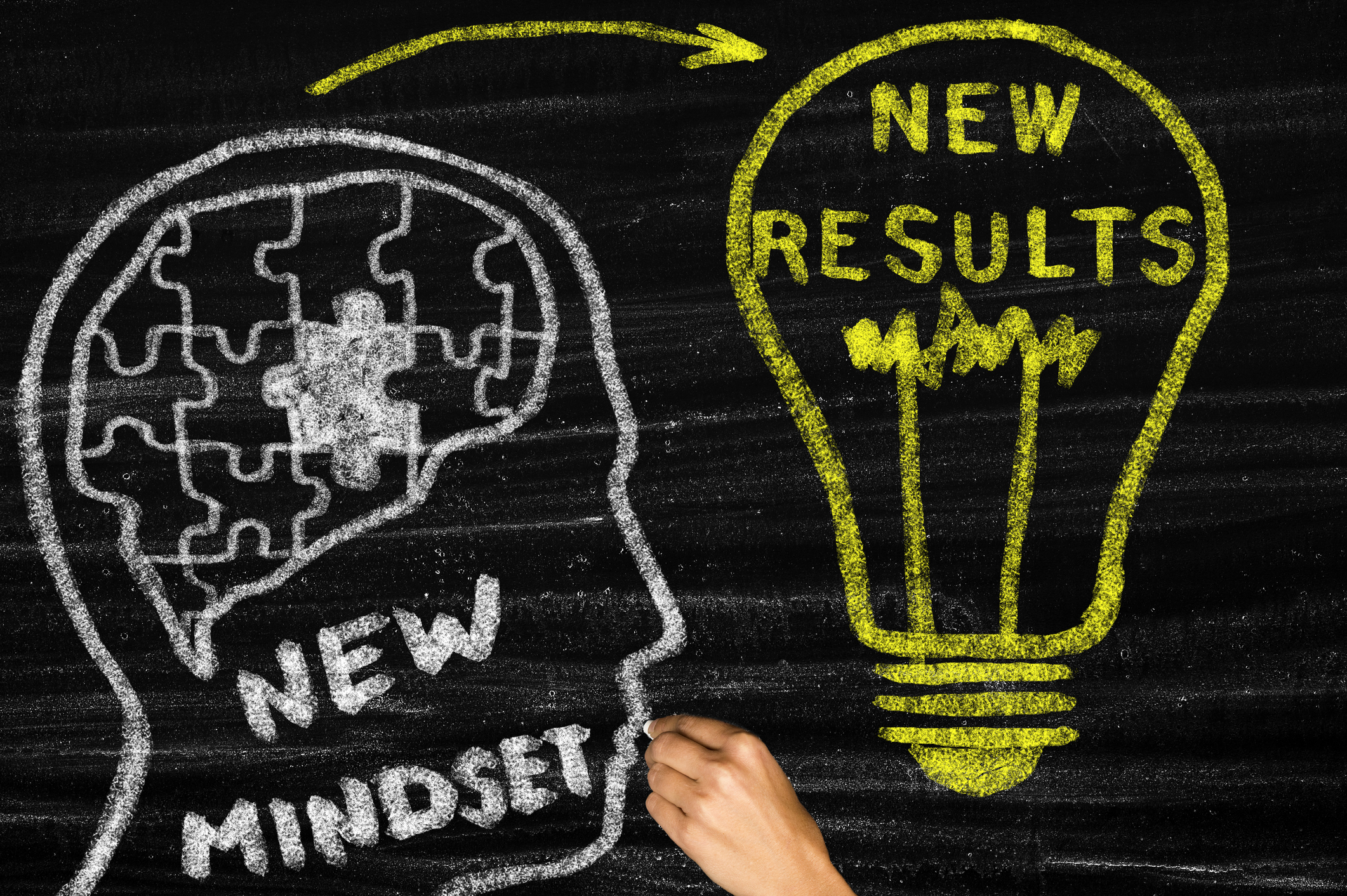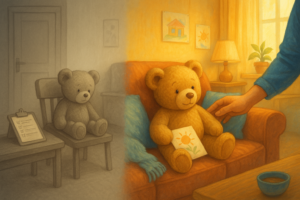You know that feeling when your alarm goes off on Friday morning at 5:00 AM? Oh, to turn it off and go back to sleep. But today you have an important early meeting, so you take a deep breath, focus on the goal of completing that project you really care about and drag yourself out of bed. This is an example of what scientists call self-regulation. It’s the act of managing our thoughts and feelings so we behave in ways that help us reach our goals. Self-regulation keeps you from saying something hurtful out loud to a coworker like, “That’s a really bad idea.” Or when you disagree with someone, self-regulation looks like choosing to communicate calmly and respectfully because it’s more important to you to take good care of that relationship than it is to win an argument.
The Importance of Self-Regulation
We need self-regulation to stay healthy and to succeed in school or at work, in relationships, and in life as a whole. It’s a skill worth focusing on. Some think that self-regulation is something you’re born good at or not. But this is a myth. Anyone can build self-regulation skills over time, like a muscle. As we build those muscles, we get better at important things like managing strong emotions in healthy ways, staying on a task even when it’s hard, and considering the perspectives of others so that our relationships can thrive.
Adolescence as a Critical Window
Research shows that adolescence is a critical window of opportunity for building self-regulation muscles because, just like in early childhood, the brain is growing and building connections based on youth’s experiences. This growth really impacts those areas of the brain that support self-regulation. One thing to know is the term self-regulation is misleading because we don’t develop it by our “selves.” Its development has much more to do with the people in a person’s life and what’s going on around them. When a person has nurturing and accepting relationships in supportive environments, self-regulation skills can grow. Whereas harsh or inconsistent relationships and stressful or chaotic environments short-circuit the development of self-regulation.
The Power of Co-Regulation
Knowing that, just think of how important your influence can be on an adolescent’s life. You have a powerful opportunity to help youth build their self-regulation skills by providing support through something called co-regulation. Co-regulation means having intentional interactions with young people that foster the skills they need to build healthy and happy lives. To co-regulate means to:
- Be caring, responsive, and accepting.
- Create nurturing safe spaces to practice and learn.
- Teach and coach skills that build self-regulation muscles.
- All while practising your own self-regulation.
Co-regulation happens when we intentionally synchronize these actions as we manage our own thoughts, feelings, and behaviours. So often, adults take a step back from youth as they hit adolescence when what youth really need during this time is the opposite.
Building Your Co-Regulation Skills
There are many ways to grow your skills as a co-regulator. We’ll offer three.
- Practice improving your own self-regulation: It’s good for you, and it’s important to model when working with youth.
- Build warm relationships and nurturing environments: Imagine yourself as a young person in your program. Do you feel cared for, accepted, and known by the staff? Does the environment feel supportive to you as an individual?
- Coach self-regulation skills: Help youth reframe mistakes as opportunities to try something new and to build their self-regulation muscles. When youth practice their skills, they improve those skills and feel better about themselves.
These things may be part of your practice already, but now you have a name, “co-regulation,” for the kind of support you want to provide. And there’s always more to learn.
Your Impact Matters
As an adult working with adolescents, you matter. Don’t underestimate the impact you can have on their lives. From how you greet each young person in the morning, to the coaching conversations you have, to how you react in front of youth when things don’t go exactly the way you planned, using a co-regulation approach can support a young person in ways that matter to them now and in their future. Fostering a co-regulation mindset is an investment worth making, for all of us.








